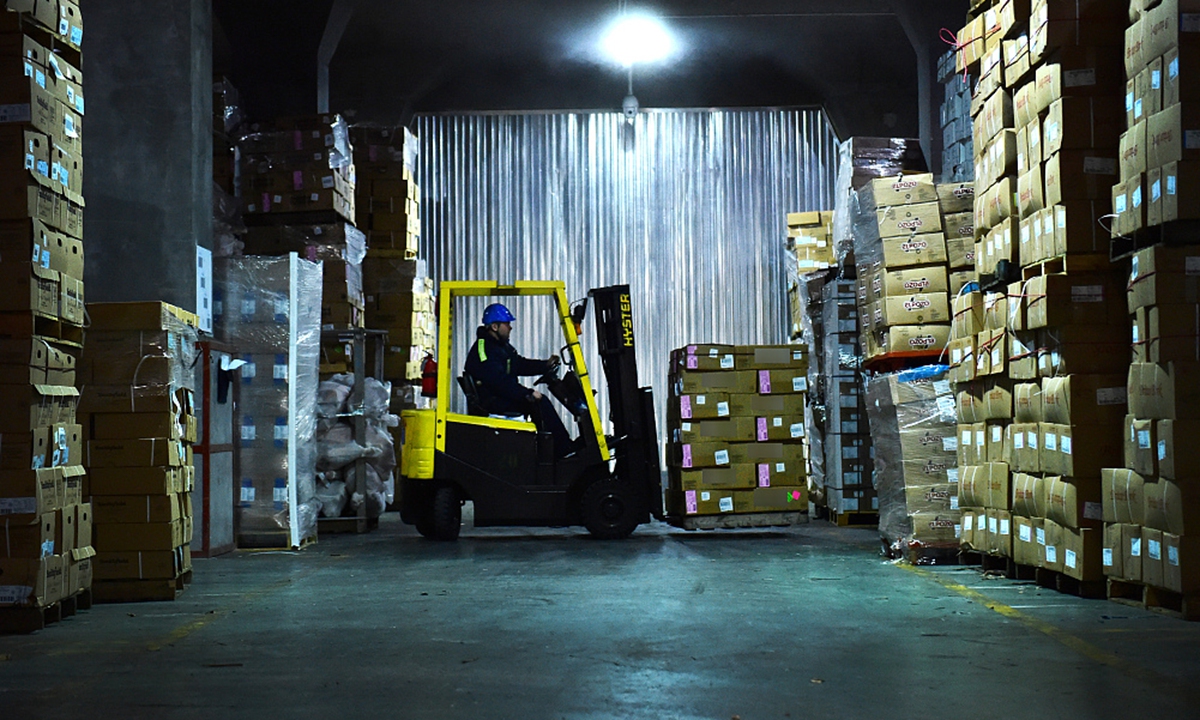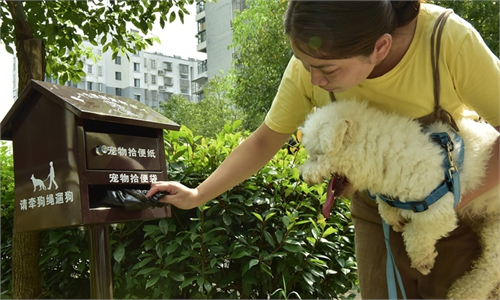E.China’s Qingdao to test, disinfect all imported cold-chain food in wake of COVID-19 cases

Photo:VCG
Qingdao, a coastal city in East China’s Shandong Province, will test and disinfect every batch and piece of imported cold-chain food after people working in the industry have been continuously found to be infected with the novel coronavirus.
Companies that import cold-chain food from overseas must report to local market supervision regulators 24 hours in advance. The products will be transported to centralized warehouses for disinfection and testing if they have not yet done so, the Qingdao local government announced on Wednesday.
On the same day, the local health authorities reported one more asymptomatic patient, who is a close contact of a loader who works in the imported cold-chain sector in Qingdao’s Jiaozhou city.
On Tuesday, Qingdao rolled out a citywide inspection of its cold-chain industry. Companies that fail to implement anti-epidemic measures, do not test or disinfect imported frozen food, or do not require employees to properly protect themselves at work will be required to suspend their business.
As part of the campaign, the coastal city gave nucleic acid tests to more than 48,000 people working in the industry. So far, no positive cases have been found.
Qingdao is one of China’s most important import and export cold-chain food port cities, and distributes a large amount of cold-chain food throughout the country.
Qingdao will build four centralized warehouses used to disinfect and test imported frozen food. The previous centralized warehouses that the city built at the requirement of the Shandong provincial authorities have disinfected 146 containers of imported cold-chain food, weighing a total of 3,513 tons.
As part of routine efforts to identify risks brought by imported cold-chain food, Qingdao will test people working on ports and cold-chain warehouses every three to five days. Close contacts of those people will be tested every seven days.
Global Times

